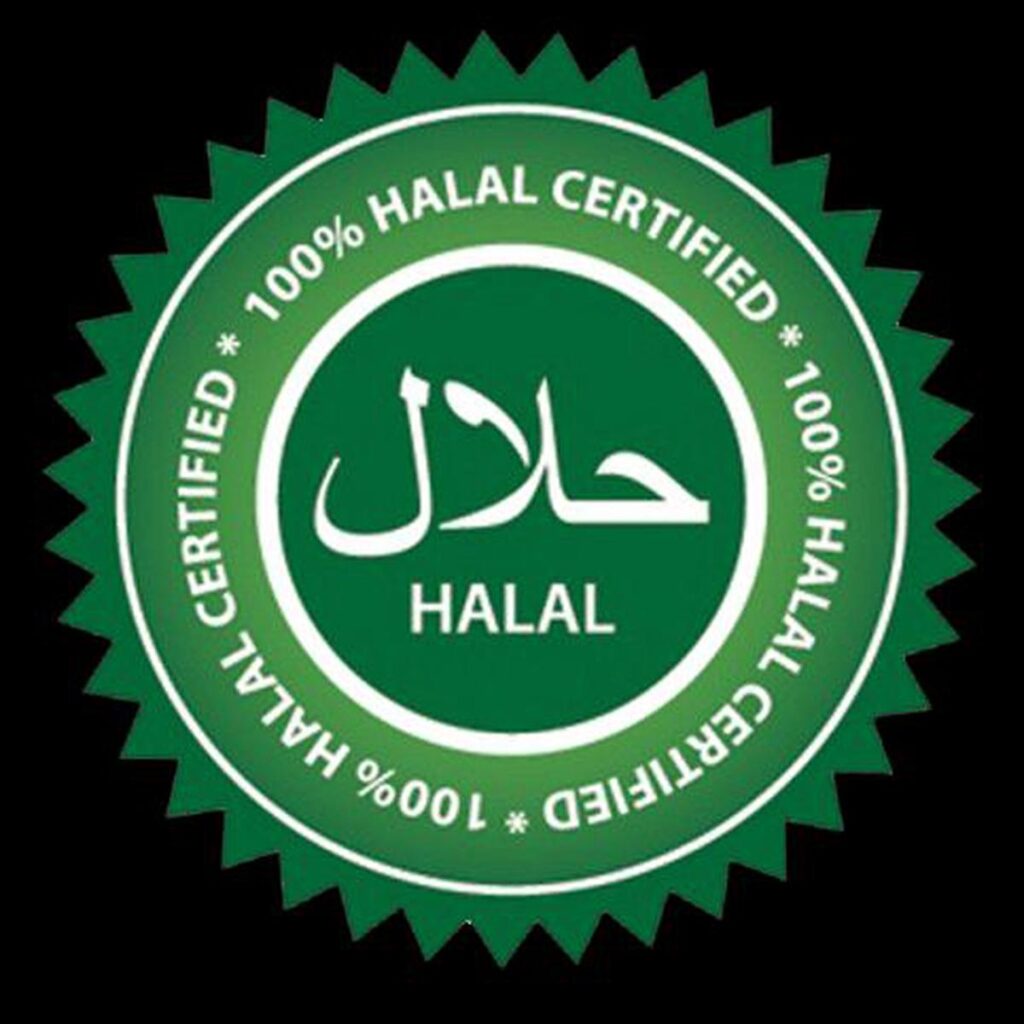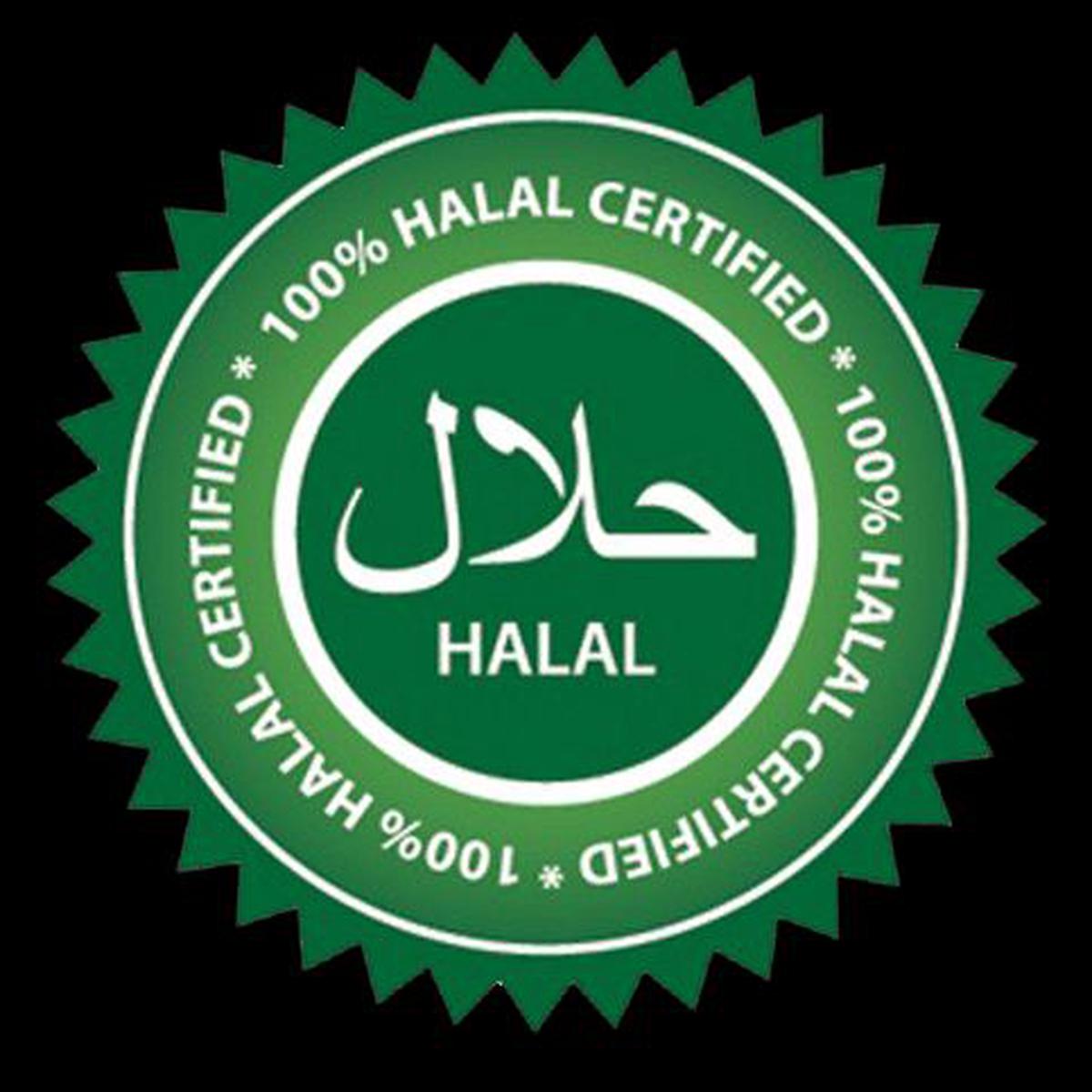
The Uttar Pradesh government’s decision to ban products carrying a halal certification has triggered a debate, raising questions about the certification system and its implications. The directive, issued by the Yogi Adityanath-led government, prohibits the production, storage, distribution, and sale of food items bearing halal certification within the state, with exceptions made for products designated for export.
Halal, an Arabic term meaning “permissible,” holds significance within Islamic dietary guidelines, signifying what is allowed for consumption. Conversely, “haram” refers to what is forbidden. For Muslims, halal extends beyond dietary restrictions, encompassing cosmetics and medicines containing animal by-products, which are prohibited from consumption.
Halal certification encompasses stringent criteria for food items, including meat processed according to Islamic law, with the method of slaughter and the involvement of a Muslim adult being essential factors. Globally, various bodies oversee and certify halal products, but India lacks a mandatory certification system. Private entities issue halal certifications recognized by importing countries.
The Uttar Pradesh government cited confusion arising from the parallel halal certification system as a reason for the ban. Referring to Section 89 of the Food Safety and Standards Act, the order emphasizes that quality control lies with designated authorities. Allegations of conspiracy, favoring products with halal certification and impacting sales of other items, prompted the ban.
The move has elicited mixed responses, with one complaint alleging unfair advantages in business interests due to halal certification. Organizations involved in halal certification, like the Jamiat Ulama-i-Hind Halal Trust, dismiss these allegations, stressing adherence to government regulations and registration requirements set by relevant authorities.
Sources By Agencies


